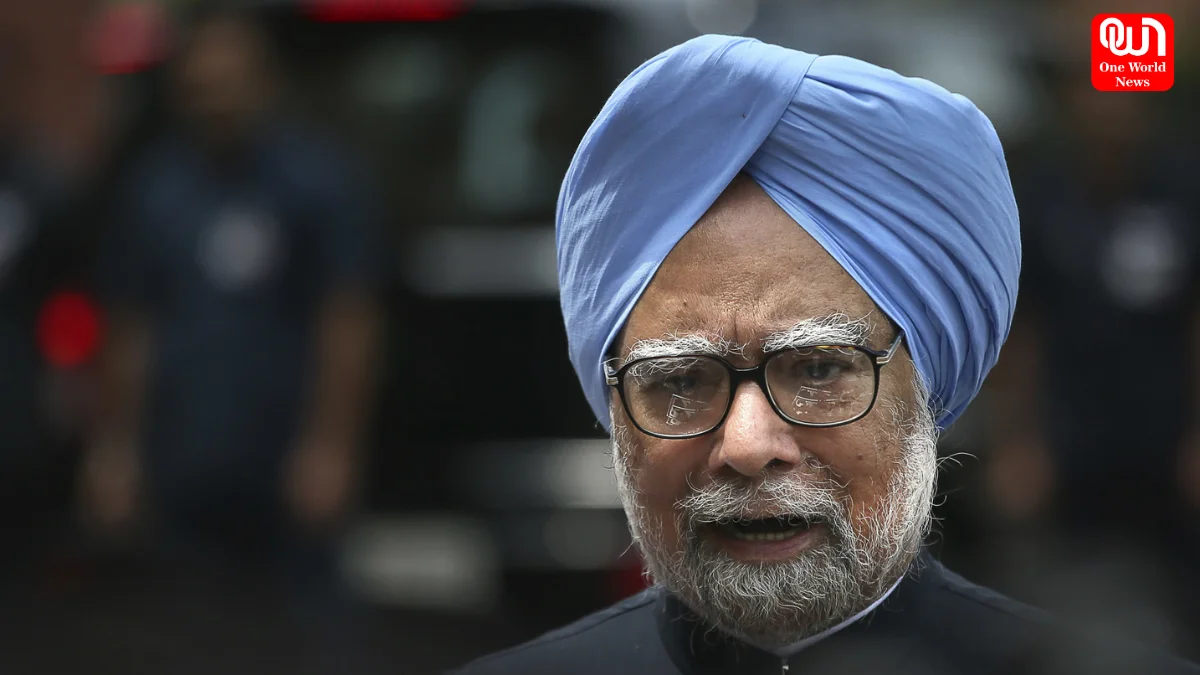Manmohan Singh’s Clash with CAG: How the ‘Stinking Room’ Audit Exposed India’s Coal Scam
Manmohan Singh and CAG: Inside the audit that unearthed India’s coal scam amid political pushback, missing files, and a “stinking room” ordeal.
Manmohan Singh and CAG: How the Comptroller and Auditor General Unearthed the Coal Scam Despite Political Pressure and a ‘Stinking Room’ Audit Battle
The Audit That Shook India’s Political Core
The coal allocation audit during the tenure of former Prime Minister Manmohan Singh stands as one of the boldest moments in India’s public accountability history. According to P. Sesh Kumar, former Director General of Audit at the Comptroller and Auditor General (CAG), the institution faced intense hostility while uncovering the massive irregularities in coal block allocations — a scandal that became widely known as the coal scam. His book, Unfolded: How the Audit Trail Heralded Financial Accountability and International Supreme Audit Institution, published by JGS Enterprises, recounts the inside story of how auditors battled bureaucracy, political backlash, and even physical discomfort to ensure transparency.
Read more: CBSE Plans Digital Platform To Revolutionize School Assessments Under NEP 2020
Inside the “Stinking Room” Audit
The CAG audit team, tasked with investigating coal block allocations, faced unexpected challenges. In a shocking revelation, Kumar recounts how the auditors were assigned a small room next to a “stinking toilet” inside the Coal Ministry — a clear attempt to discourage their work. Despite the unpleasant environment, the audit team continued its mission, determined to expose how coal blocks were distributed without transparency or fairness.
Out of more than 200 screening committee meetings, auditors were permitted access to records of only 2–3 sessions. This deliberate non-cooperation and concealment of files hinted at deeper irregularities. As Kumar observed, the ministry “saw the auditors as a nuisance.” Even amidst poor working conditions, the team worked through festivals like Durga Puja, tracking missing documents and unearthing crucial files.
Manmohan Singh’s Pushback Against the CAG Report
The CAG’s report estimated a potential Rs 1.86 lakh crore in “windfall gains” to private companies — a figure that shook Parliament and the public alike. Rather than welcoming scrutiny, the then government strongly opposed it. Manmohan Singh himself addressed Parliament, dismissing the findings as “deeply flawed,” while several ministers launched press conferences attacking the CAG’s credibility.
According to Kumar, the CAG chose not to engage publicly, maintaining its silence despite fierce criticism. Behind the scenes, auditors faced missing files, bureaucratic stonewalling, and growing political pressure from the highest offices. Yet, the audit report persisted — eventually leading the Supreme Court to cancel all coal block allocations, citing lack of transparency and fairness.
The Origin of the Term “Windfall Gain”
Interestingly, Kumar clarifies that the term “windfall gain” — which became central to the controversy — was not coined by the auditors. It originated from an internal note written by the then Coal Secretary, who had acknowledged that the coal allocation process could result in such gains for private firms. The CAG merely quantified the scale of this advantage using government records.
By examining 57 of the 75 private allocations and calculating extractable reserves based on Coal India Ltd. data, the auditors presented a meticulous and transparent estimate. The Rs 1.86 lakh crore figure was not presented as a direct loss but as a foregone opportunity for the public exchequer — a measure of how much the government potentially gave away through non-competitive allocation.
The Discovery That Changed the Narrative
A turning point came when the audit team unearthed a policy file from the Coal Ministry. This file contained internal communications between the Coal Secretary, the Law Ministry, and even the Prime Minister’s Office. It revealed that as early as 2006, the Law Ministry had cleared competitive bidding for coal blocks, but the implementation was delayed for years.
This single discovery demolished the government’s claim that auctions were not legally feasible earlier. The file, in Kumar’s words, “spoke for itself,” showing deliberate inaction despite legal approval for transparent processes.
Standing Firm Amid Political Storms
Critics of the report argued that the CAG’s numbers were speculative. However, auditors stood firm, asserting that coal reserves had immediate economic value — the very reason companies competed to acquire them. They maintained that discounting future earnings would not alter the fundamental truth: the government had surrendered immense public wealth through opaque decision-making.
The coal audit was more than a financial exercise — it was a test of institutional integrity. Under immense political and bureaucratic pressure, the CAG upheld its constitutional duty, demonstrating that accountability in public finance is not a political act but a democratic necessity.
Read more: Pakistan Labels Salman Khan a Terrorist After His Balochistan Remark at Riyadh Forum
The Legacy of the Coal Audit
P. Sesh Kumar’s account in Unfolded goes beyond numbers. It captures the courage of auditors who refused to be silenced, even when relegated to a “stinking room.” Their persistence exposed one of India’s biggest scandals and led to reforms in how natural resources are allocated. As Kumar concludes, “The victory was not in a number but in proving that accountability survives even the fiercest political storms.”
Through his revelations, Kumar reminds readers that the clash between Manmohan Singh’s government and the CAG was not just about a report — it was about the very foundation of democratic transparency in India.
We’re now on WhatsApp. Click to join.
Like this post?
Register at One World News to never miss out on videos, celeb interviews, and best reads.







